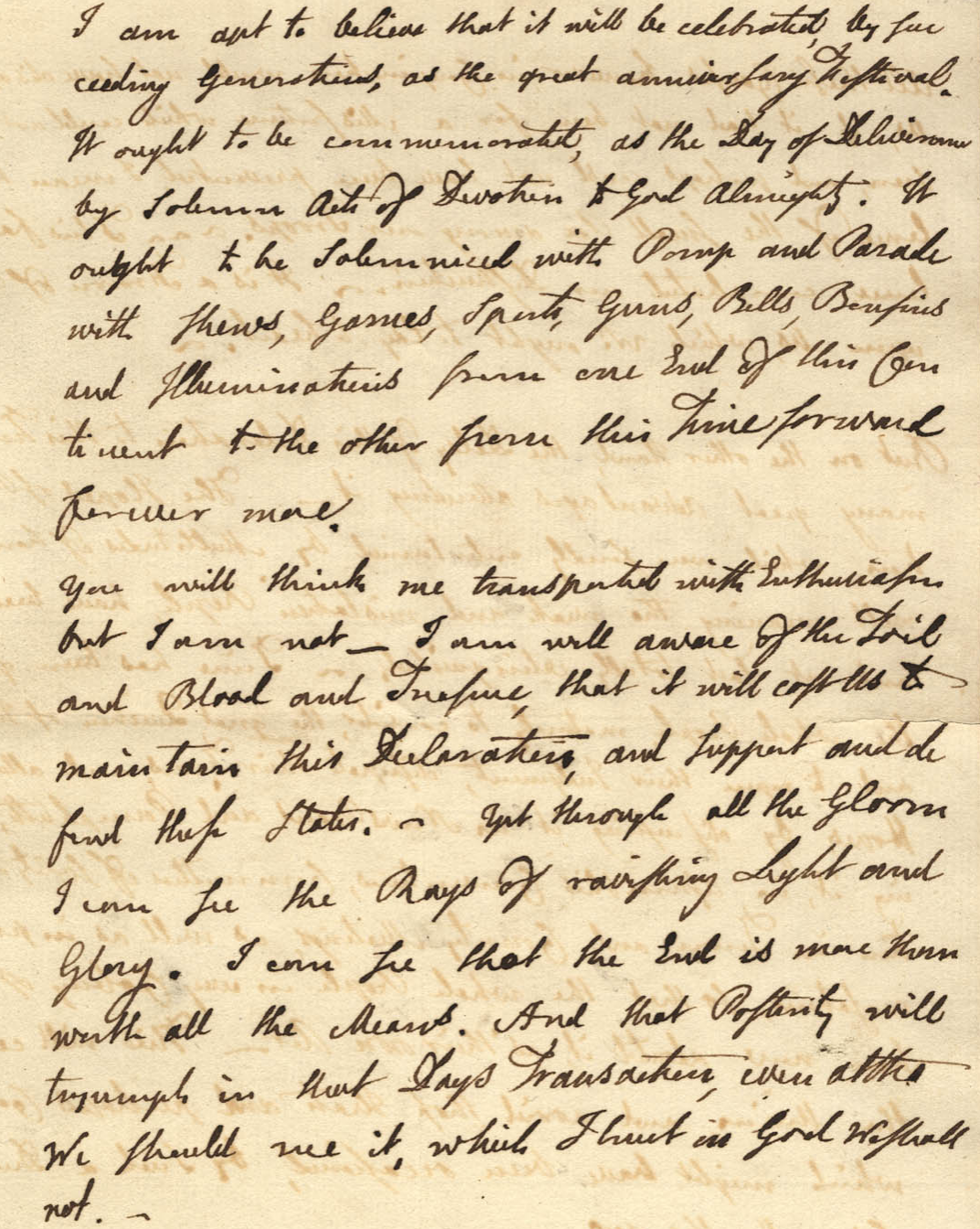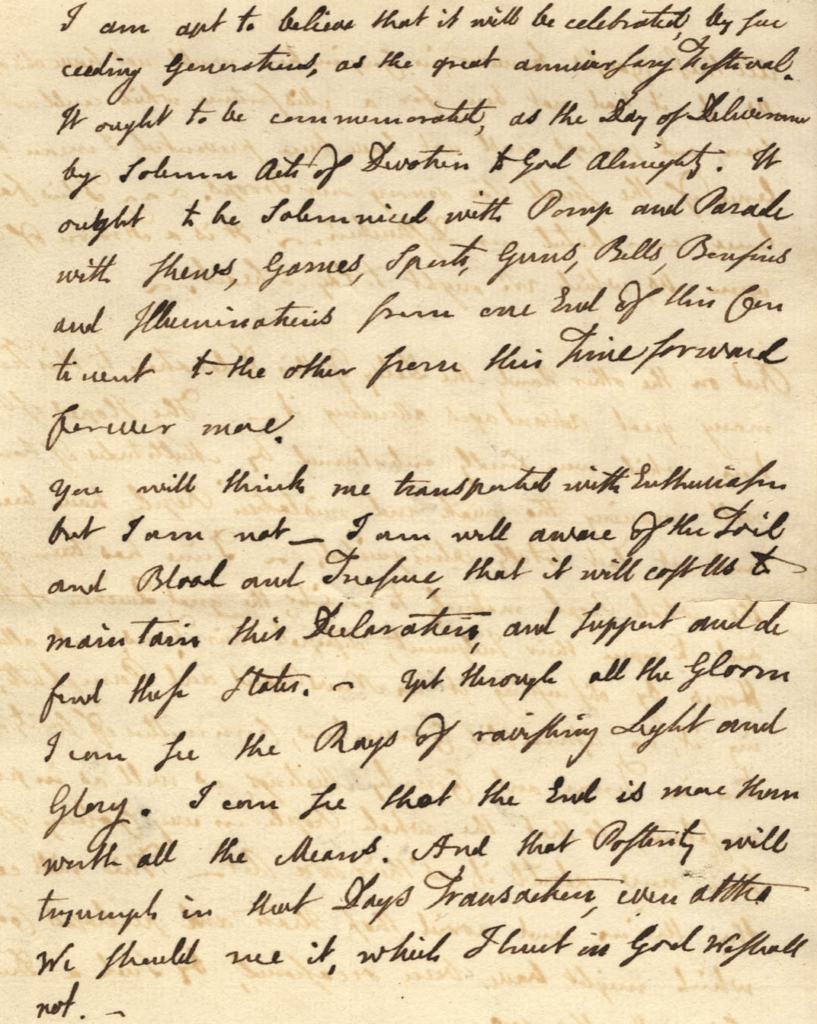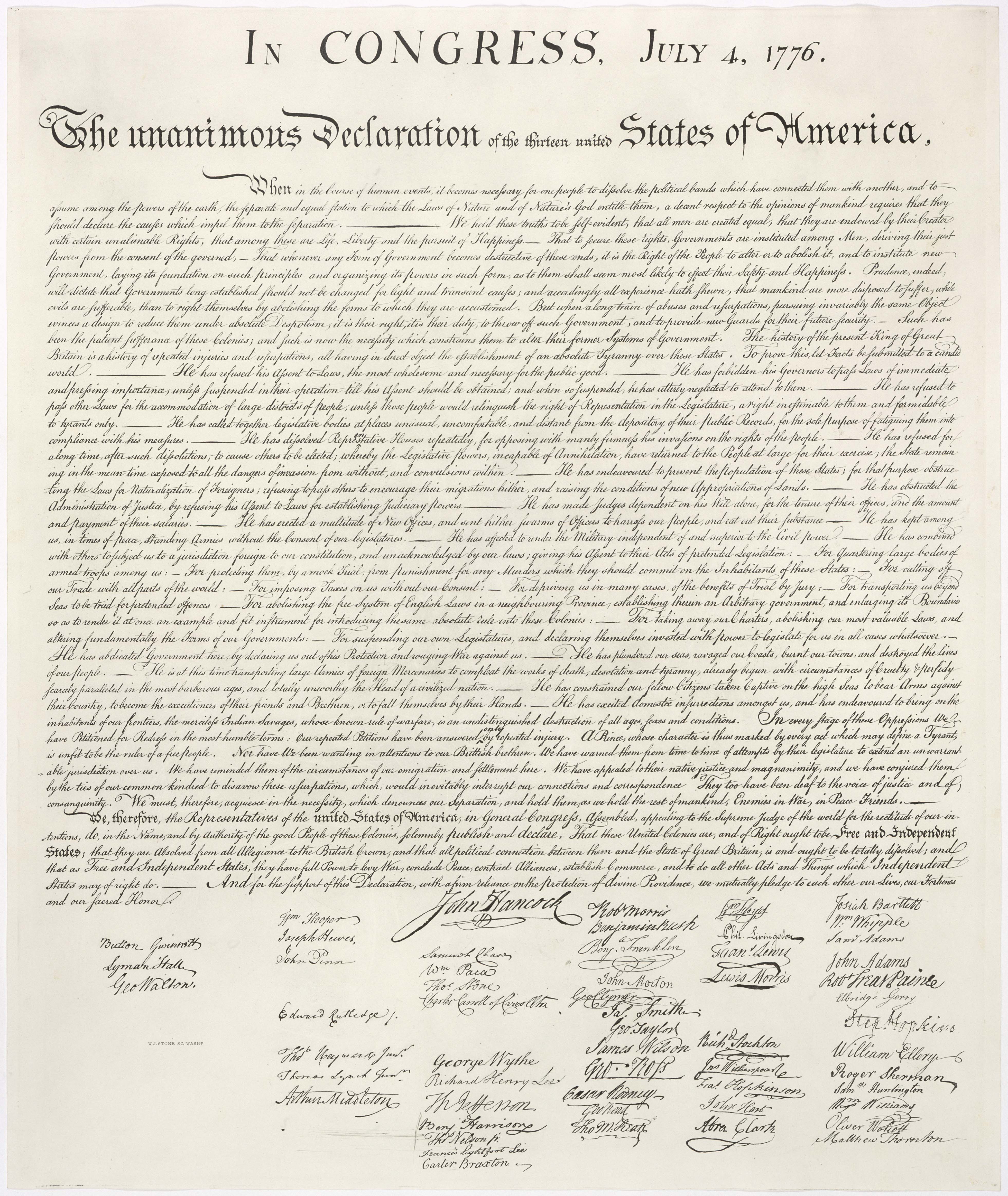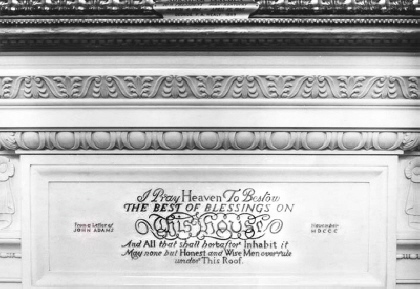On this day in 1767, John Quincy Adams is born. He was the sixth U.S. president, and the son of the second U.S. president, John Adams.
As a boy, he went with his father on diplomatic missions, then entered the legal profession after his schooling. As a young man, he served as minister to the Netherlands, Portugal, Prussia, Russia, and England. John Quincy Adams became a Republican Senator, and helped negotiate the Treaty of Ghent, ending the War of 1812. He also served as secretary of state until the tie-breaking vote in the House elected him president over Andrew Jackson.
“Pursue the Practice”
Definitely his father’s son, who believed “religion and morality alone which can establish the principles upon which freedom can securely stand,” John Quincy wrote this in a letter to his own “dear son”:
“for so great is my veneration for the Bible, and so strong my belief, that when duly read and meditated on, it is of all books in the world, that which contributes most to make men good, wise, and happy — that the earlier my children begin to read it, the more steadily they pursue the practice of reading it throughout their lives, the more lively and confident will be my hopes that they will prove useful citizens to their country, respectable members of society, and a real blessing to their parents.”














